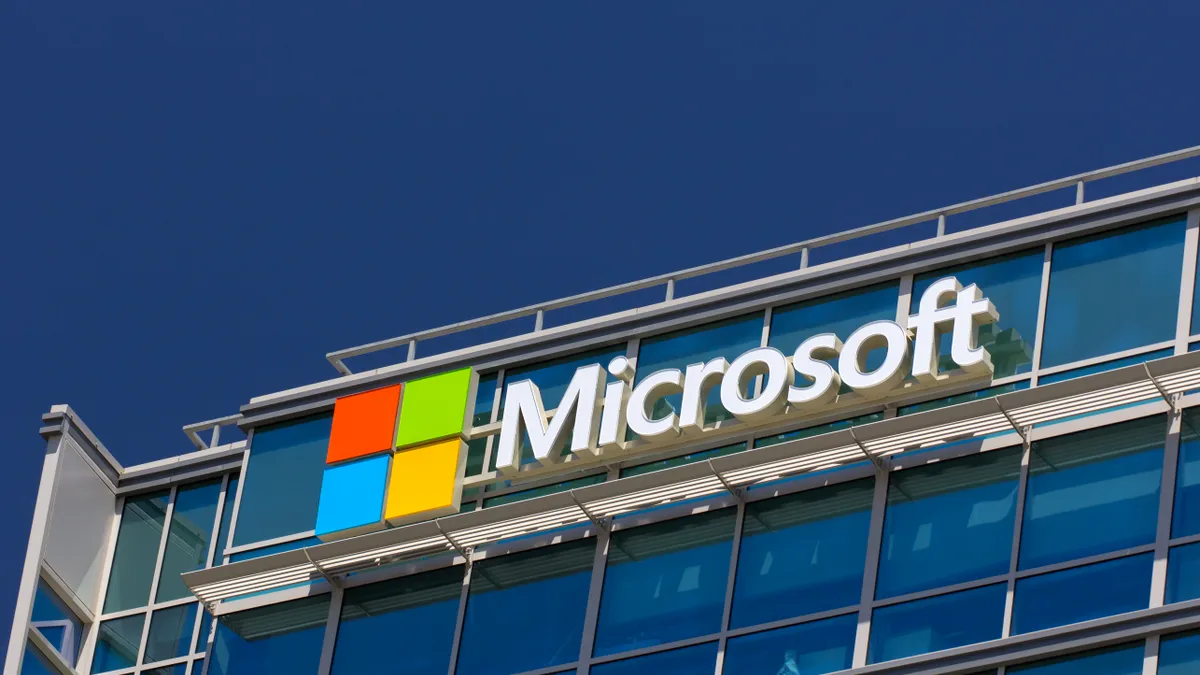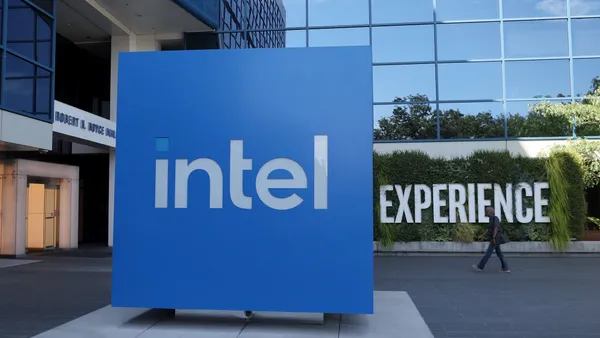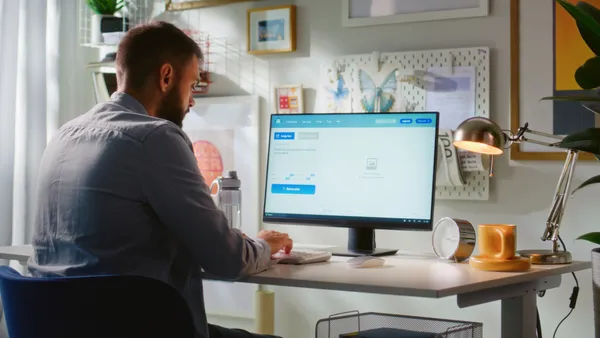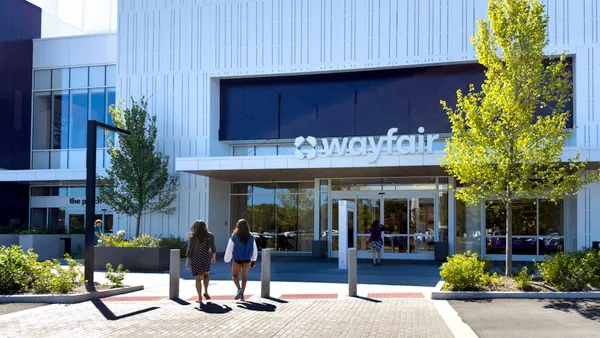Dive Brief:
- Microsoft is ending support for Windows Vista Tuesday, marking the end of updates, free or paid support or updates to online technical content, according to Microsoft.
- Originally code-named "Longhorn," Microsoft unveiled Vista in 2005 and released worldwide in 2007.
- For Microsoft, all eyes are on Windows 10, its most recently released operating system. Earlier this month, the company released a revised study from Forrester, which Microsoft commissioned, that found Windows 10 can increase ROI for businesses. According to Forrester, Windows 10 has a ROI of 233%, with a payback period of 13 to 14 months.
Dive Insight:
And just like that, another Microsoft operating systems bites the dust. Vista, it was fun while it lasted. The company is slated to end support for Windows 7 and Windows 8.1 in the coming years, however following pushback Microsoft delayed the end of support.
If you're a business still using Vista, it's time to move on. Without support from Microsoft, any persistent software issues or newly discovered security concerns would remain unattended by Microsoft. That means lurking security vulnerabilities could wreak havoc on an organization.
For Microsoft, there is an ulterior motive for ending Vista support: Not only is it another product to maintain, but the company is also looking for more success for Windows 10.
Often touted as its most secure operating system, Microsoft wants to continue moving companies over to the new operating system, particularly with the new Creators Update now available, which addressed some customer concerns, particularly around data collection. With 400 million users, Microsoft wants to continue to grow its user share, though it said it won't meet its ambitious goal of running Windows 10 on 1 billion monthly active devices by 2018.














